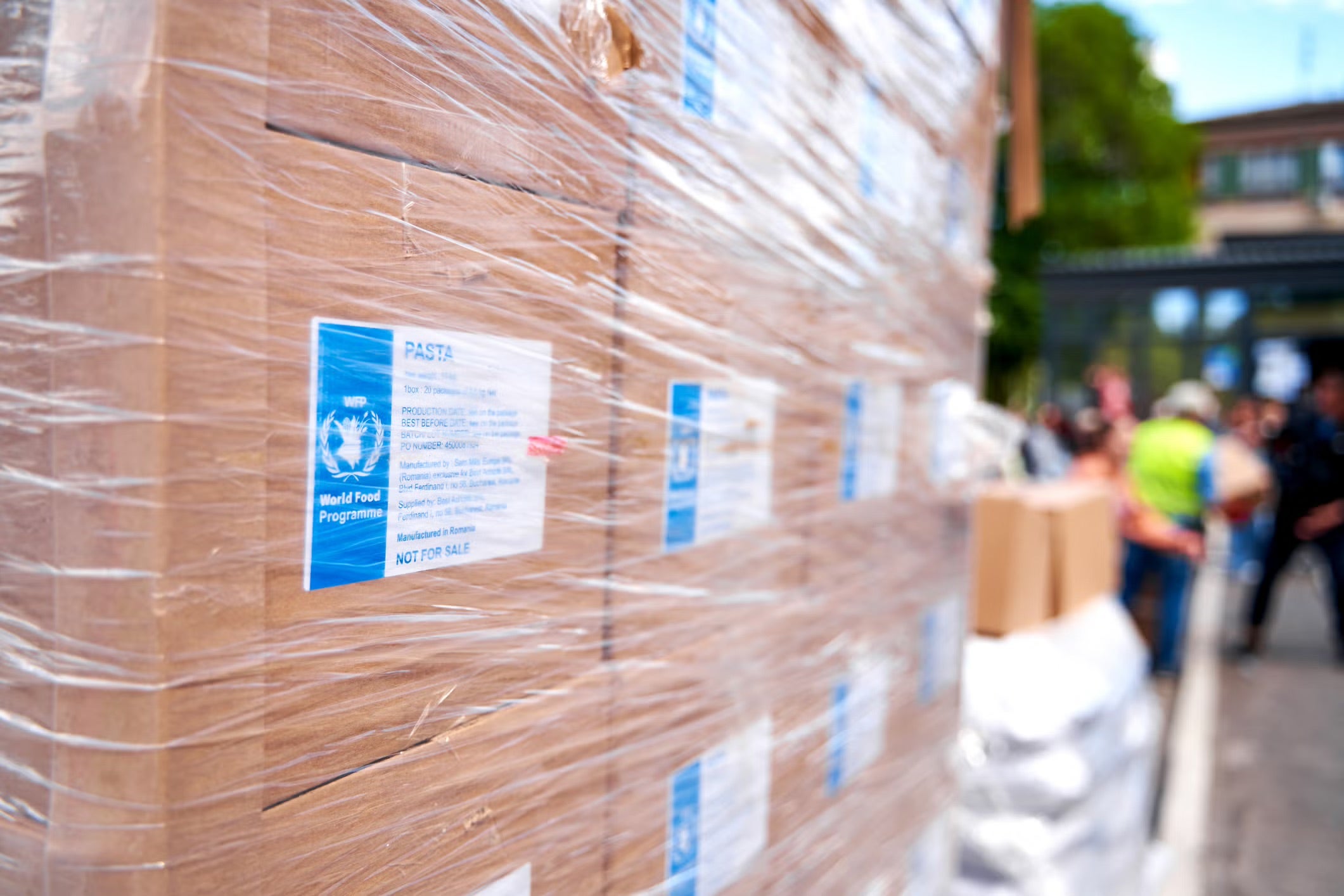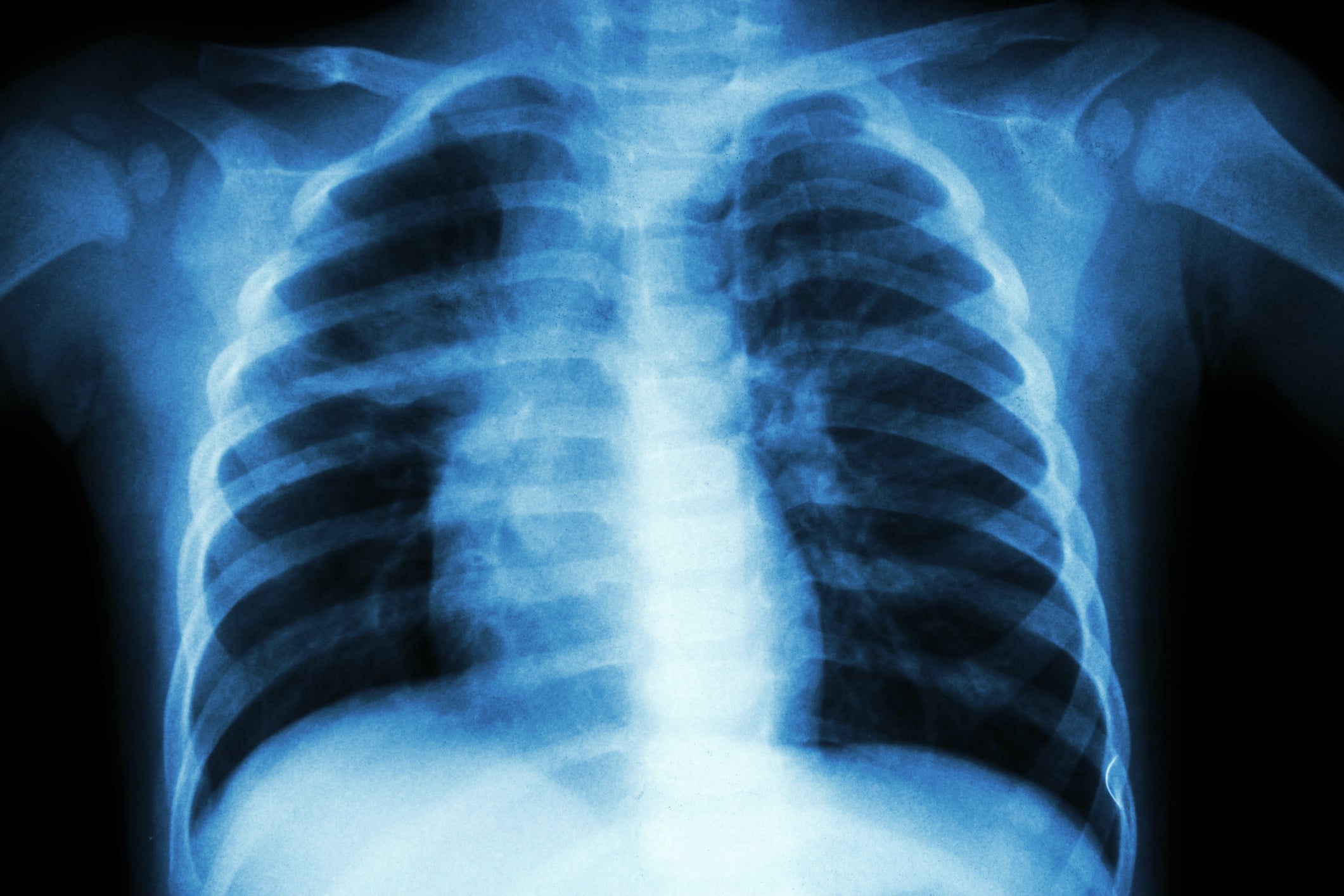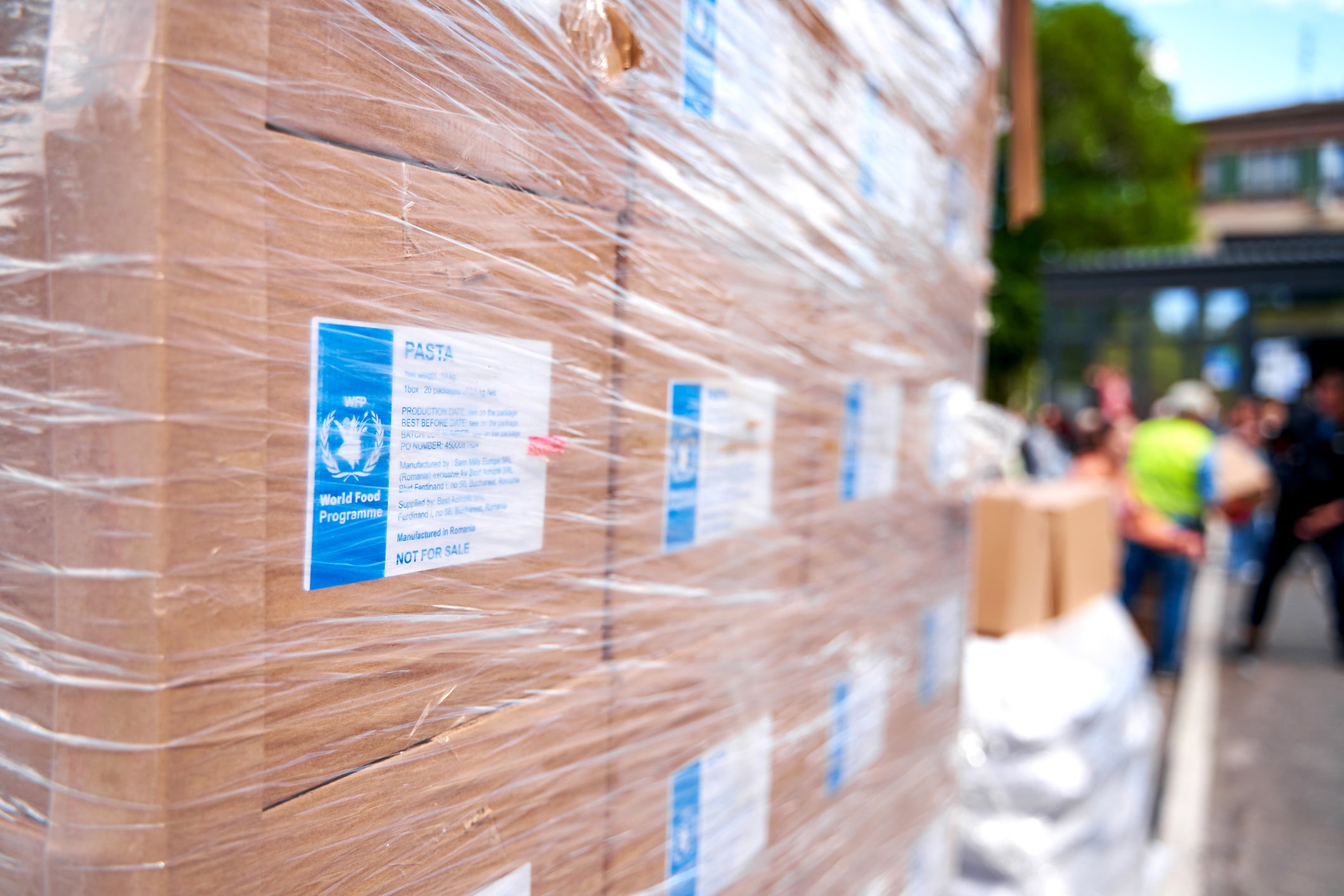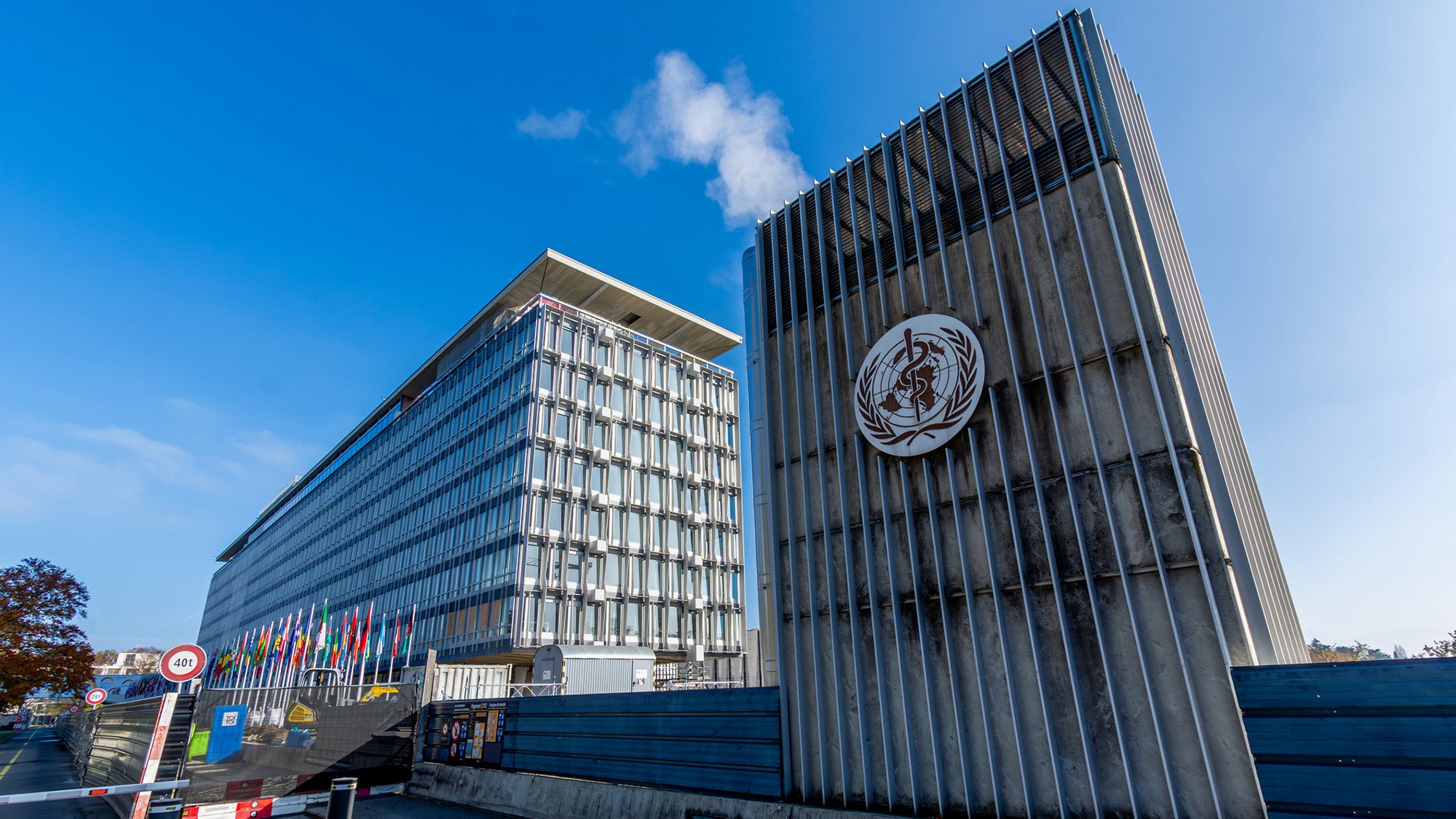Pullback from USAID raises big questions for global health, security

The recent decision to terminate projects and make deep workforce cuts to the U.S. Agency for International Development (USAID), the principal U.S. agency responsible for providing nearly half of global development assistance to countries around the world, could have devastating impacts, including millions of deaths.
Michael VanRooyen, director of the Harvard Humanitarian Initiative (HHI), Lavine Family Professor of Humanitarian Studies at Harvard T.H. Chan School of Public Health, and enterprise chief of emergency medicine for the Mass General Brigham health system, discusses the immediate and potential impacts from the Trump administration’s action.
On the immediate effect of the pullback in funding…
The dominant and lasting impact of aid cuts to NGOs and UN agencies is the rapid reduction in critical assistance that will impact millions who rely on lifesaving food aid, health care, and relief services. The irony is that we cannot know the actual impact of the retraction of aid because the executive orders have also eliminated data collection systems like the famine early warning system, so we’re unable to actually calculate the effect of the retraction of humanitarian aid. Many development programs have been impacted, like PEPFAR [the U.S. President’s Emergency Plan for AIDS Relief], which is critically important to preventing the spread of HIV. In addition, crucial humanitarian aid programs have already been impacted, with interruptions in emergency health care and food delivery. In some cases, food distribution has been halted because there are no staff to deliver food that is stuck in warehouses. The sudden collapse of programs has already affected hundreds of thousands of people who depend on humanitarian assistance.
The impact on HHI’s work in Ukraine…
One of our major partners is International Medical Corps. We have a series of programs [with them] in Ukraine that support the health care system and the programs have been brought to a halt. We’ve had to pull back our teams and curtail all that activity.

In these programs, we primarily worked with emergency responders—everybody from civilians all the way to nurses and physicians that do things like advanced trauma life support and pediatric life support. We supported these frontline workers with emergency medical training from first aid and CPR to advanced trauma care and disaster preparedness.
Ukraine has a desperate health manpower shortage, and it requires support from organizations like HHI to keep people working in very difficult conditions. Our work enhances their expertise in caring for victims of the war and incentivizes medical providers to stay there, as opposed to giving up and leaving. The programs have been crucial in shoring up the emergency health system in Ukraine and keeping clinics and hospitals open and supplied with personnel. Now we’ve had to withdraw entirely.
The effect on other HHI partner organizations…
Eliminating USAID funding for humanitarian efforts is not just the loss of jobs. It’s the loss of the humanitarian system and institutional memory and ability to scale for future emergencies. HHI’s mission has been to professionalize humanitarian aid, but with our contracts stopped, the ability to support the sector is threatened. The impact is felt not only by major relief organizations, but by UN agencies as well. There’s going to be a major rethink of what UN agencies are able to do.
The biggest effects of the funding cuts…
The U.S. relief budget is about $15.6 billion, which is about 0.25% of the U.S. budget. Yet it represents about 43% of overall global humanitarian financing. So when we stop those programs, there’s an enormous negative impact.
A large portion of those U.S. dollars goes to food aid, and particularly the support of the World Food Program, which is the biggest organization distributing food and supporting a humanitarian lifeline for over 150 million people. The collapse of the supply chain for food distribution will stress millions, pushing some vulnerable populations from food insecurity to famine conditions, where the mortality rates are extremely high. In the months ahead, malnutrition rates will escalate and could lead to significantly higher mortality rates, particularly across central and northern Africa.
The long-term impact of these policy shifts…
I think we need to take the long view. Humanitarian aid not only saves lives directly, but it also helps us keep fragile countries more stable. It reduces conflict. It reduces migration. And it improves U.S. security.
There’s also the fact that deadly diseases spread easily, as we saw during COVID. If you think that letting AIDS burn in the less-developed world is good for America, that’s not the case. Because the global epidemic will be untamable.
The role and impact of USAID’s relief work may be misunderstood…
You never hear about the great saves of the world. You never hear about famines averted.
Every government agency has inefficiencies. But the remedy for that is a thoughtful evaluation and a thoughtful reallocation of funding, not a cut and then let it die. [I am concerned that] the general public just isn’t aware of the real consequences [of this decision to pull back from international relief aid].
See a recent profile of VanRooyen in the Harvard Crimson.


